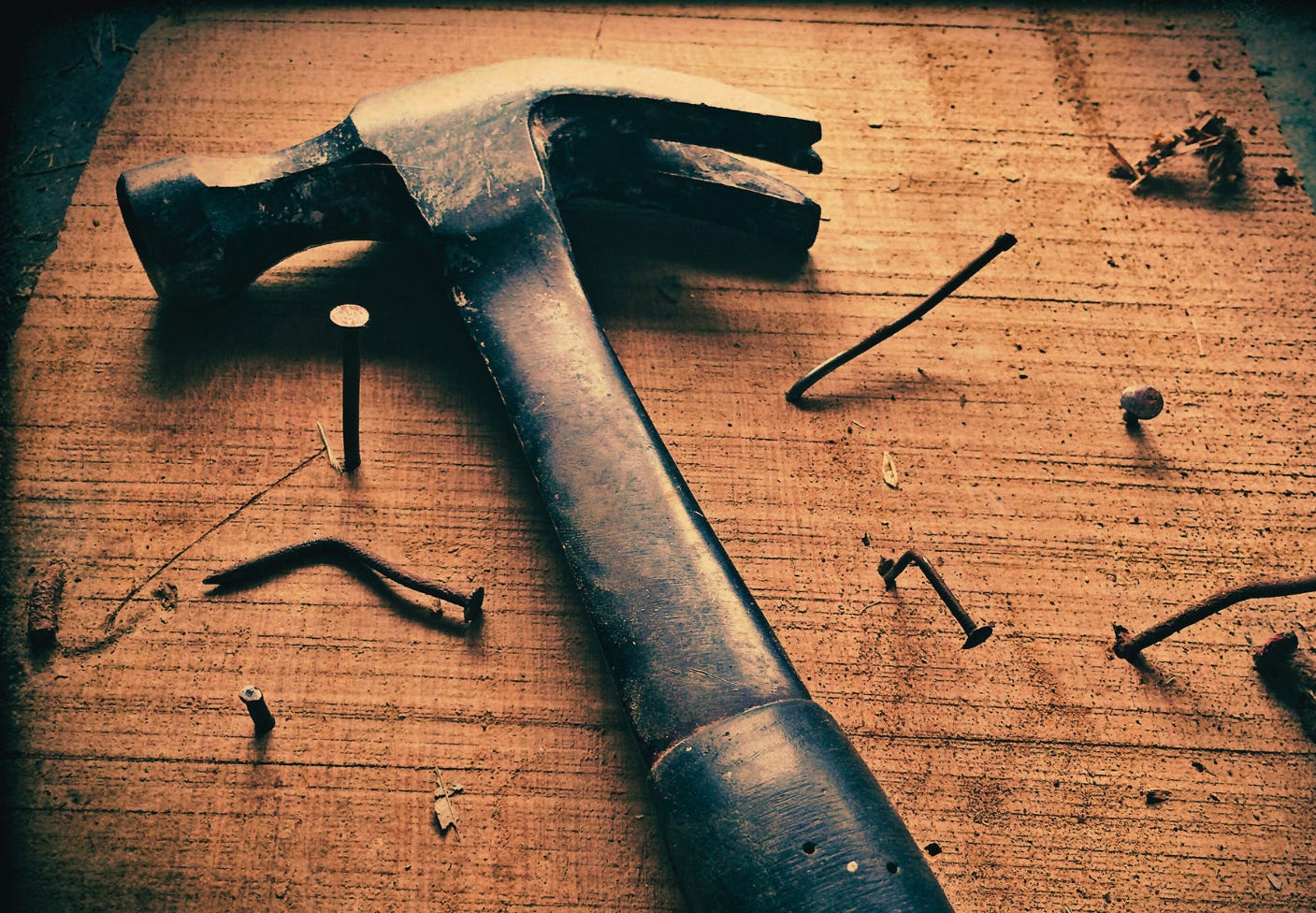Is Hard Work Going out of Style?
Saving the American Work Ethic
The “Great Resignation” recently rocked the United States job market, with more than 47 million Americans quitting their jobs in 2021 and more than 50 million in 2022, according to data from the Bureau of Labor Statistics. While some solely blamed the COVID-19 pandemic, many academics have rightly concluded that the resignations were part of a much larger trend.
Survey data indicates that American workers not only feel disenfranchised with their current employment, but also place less value on hard work when compared to previous generations.
A Wall Street Journal / NORC poll released last March revealed the waning importance of hard work to the average American. Only 67 percent of Americans in the poll indicated that hard work was “very important” to them. While the number of Americans who value hard work at some level is still very high, the finding represents a significant decline from just a few decades ago in the number of Americans who place the highest level of importance on hard work.
This diminishing value among contemporary Americans appears to coincide with reduced satisfaction with current employment. A widely-discussed LinkedIn survey found that 61 percent of American workers considered leaving their jobs in 2023. Younger workers far outpaced other generations in their desire to exit their current employment, with nearly 7 in 10 Gen Z and millennial workers contemplating a career change in the next year. A study from the Pew Research Center also found that older workers report more positive assessments of their employment than their younger counterparts – by a margin of roughly 20 percentage points.
The age discrepancy could partly be explained by the typical mindset of young workers: no one wants to be an intern, and everyone wants to be CEO. Anyone who has ever been an employer or manager, including me, can attest that this is just a fact of life. The extent of discontent among employees, however, demonstrates that more factors are at work than just experience. Overall, job dissatisfaction has reached an all-time high among American workers of all ages.
Values matter – not just in policy making decisions, but also in how we, as human beings, perceive our world. If we place value on hard work, we will obtain value from its application. Politics and culture not only reveal core beliefs today, but they now also appear to affect our job market as well.
According to the U.S. Chamber of Commerce, there were roughly 8.5 million job openings in America last month, with only about 6.5 million unemployed people in the market. Employers are still scrambling to find the workers they need and are looking for innovative ways to train and attract talent to their workplace. Yet, despite employer flexibility and innovation, it will be increasingly difficult for the American job market to thrive if more and more workers possess an inherent skepticism of the system at-large.
Studies from researchers like the nonpartisan CATO Institute indicate that most Americans (55 percent) now believe wealth distribution in our country is “unjust.” This notion is, once again, greatly influenced by age: 61 percent of Americans over the age of 65 believe wealth distribution is fair, while a stunning 70 percent of Americans under 30 years of age believe it is unjust. It is not surprising, then, that a growing share of young Americans express support for socialism over a free-market economy.
Hollywood, academia, and the media have arguably always possessed a more critical view of capitalism than the rest of the country. However, America’s current worker trends clearly indicate that their influence has spread far beyond these institutions, threatening the productivity of the greatest economy in the world.
Many factors have contributed to our current labor woes, but it is hard to deny that our changing values are one of them. The American work ethic cannot thrive in our culture if a general distrust of the free-market system is rampant within an entire generation.
We must admit that our younger generations have been provided a surplus of evidence indicating our current economy is broken in many ways. Inflation has gone up by nearly 20 percent, while real wages have declined by over 4 percent since January of 2021. Despite the current administration’s attempts to shift responsibility away from Washington, it is clear to anyone with common sense that the recent spending spree by the federal government has wreaked havoc on American markets. While American families are literally going into debt to buy groceries, there seems to be no end in sight to spending in Washington.
The sad truth is, young Americans are correct in their belief that the current economy is not working for them. Unfortunately, many are wrong in their assessment of why the market is actually failing. Studies clearly show that much of the younger generation wrongfully place blame on capitalism. I believe this conclusion is incorrect, because our political class has not largely embraced the power of true free enterprise. In fact, it’s the opposite – too many on both sides of the aisle have neglected to protect free-market ideals.
In total, politicians and bureaucrats have all too often come to trust government over enterprise to create wealth and prosperity. History and data from this country and around the globe prove this trust is wrongly placed: free-markets are the greatest generator of economic prosperity, mobility, and security ever known to man.
The first step in saving the power of work in our culture is to recognize an important first principle: hard work still works. The historical record of our free-market system alone proves the ability for capitalism to empower individuals, of all economic backgrounds, to work hard, take risks, create wealth, and end cycles of poverty. However, in order to protect this ability, we must first be honest about the decline of these values in our key institutions and take steps as Americans to protect these ideals for the next generation.



